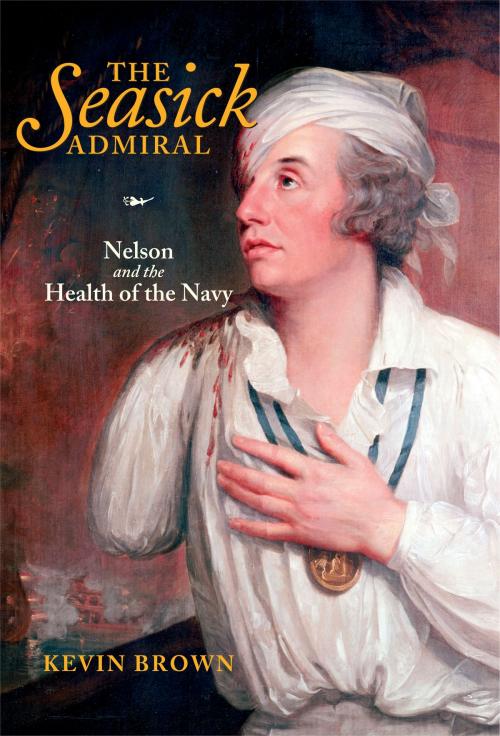The Seasick Admiral
Nelson and the Health of the Navy
Nonfiction, History, Modern, 19th Century, Military, Naval| Author: | Kevin Brown | ISBN: | 9781848324183 |
| Publisher: | Pen and Sword | Publication: | October 30, 2015 |
| Imprint: | Seaforth Publishing | Language: | English |
| Author: | Kevin Brown |
| ISBN: | 9781848324183 |
| Publisher: | Pen and Sword |
| Publication: | October 30, 2015 |
| Imprint: | Seaforth Publishing |
| Language: | English |
Horatio Nelson did not enjoy robust good health. From his childhood he was prone to many of the ailments so common in the eighteenth century, and after he joined the Navy he contracted fevers that further undermined his strength: he was even seasick whenever he first put to sea. Nevertheless, he saw more action than most officers, and was often wounded – the loss of the sight in one eye and a shattered arm were the most public, but by no means his only injuries. This personal experience of sickness made him uniquely aware of the importance of health and fitness to the efficient running of a fleet, and this new book investigates Nelson's personal contribution to improving the welfare of the men he commanded.
It ranges from issues of diet, through hygiene to improved medical practices. Believing prevention was better than cure, Nelson went to great lengths to obtain fresh provisions, insisted on cleanliness in his ships, and even understood the relationship between mental and physical health, working tirelessly to keep up the morale of his men. Many other people contributed to what became a revolution in naval health but because of his heroic status Nelson's influence was hugely significant, a role which this book reveals in detail for the first time.
Horatio Nelson did not enjoy robust good health. From his childhood he was prone to many of the ailments so common in the eighteenth century, and after he joined the Navy he contracted fevers that further undermined his strength: he was even seasick whenever he first put to sea. Nevertheless, he saw more action than most officers, and was often wounded – the loss of the sight in one eye and a shattered arm were the most public, but by no means his only injuries. This personal experience of sickness made him uniquely aware of the importance of health and fitness to the efficient running of a fleet, and this new book investigates Nelson's personal contribution to improving the welfare of the men he commanded.
It ranges from issues of diet, through hygiene to improved medical practices. Believing prevention was better than cure, Nelson went to great lengths to obtain fresh provisions, insisted on cleanliness in his ships, and even understood the relationship between mental and physical health, working tirelessly to keep up the morale of his men. Many other people contributed to what became a revolution in naval health but because of his heroic status Nelson's influence was hugely significant, a role which this book reveals in detail for the first time.















